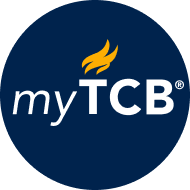
In today's dynamic business environment, characterized by evolving hybrid work models and technological advancements like AI, trust is a linchpin for organizational success and driving employee engagement, loyalty, productivity, and resilience. CEOs and CHROs can take actionable strategies to cultivate a culture of trust to strengthen talent engagement, performance, and retention.

myTCB® Members get exclusive access to webcasts, publications, data and analysis, plus discounts to events.
